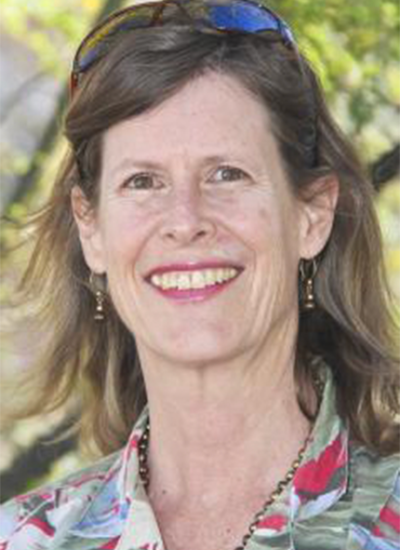Artiola, J. F., Hix, G., Gerba, C. P., & Farrell-Poe, K. L. (2013). What Well Owners Should Know about Shock Chlorination. UA CALS Cooperative Extension, AZ1605.
Gold, A. J., Gold, A. J., Parker, D., Parker, D., Waskom, R. M., Waskom, R. M., Dobrowolski, J., Dobrowolski, J., O'Neill, M., O'Neill, M., Groffman, P. M., Groffman, P. M., Addy, K., Addy, K., Barber, M., Barber, M., Batie, S., Batie, S., Benham, B., , Benham, B., et al. (2013). Advancing water resource management in agricultural, rural, and urbanizing watersheds: why land-grant universities matter. Journal of Soil and Water Conservation, 68(4), 337-348.
Deal, N., Buchanan, J., Farrell-Poe, K., Gross, M., Gustafson, D., Kalen, D., Lesikar, B., Lindbo, D., Loomis, G., Mechell, J., Miles, R., & O'Neill, C. (2007). Speaking the same language: A glossary for the decentralized wastewater treatment field. ASABE - Individual and Small Community Sewage Systems XI, Proceedings of the 11th National Symposium.
Abstract:
Onsite/decentralized terminology originated and evolved on the state or regional level in conjunction with regulatory or Agricultural Engineering Extension activities. Adapting terminology from one locale to match that used in another is increasingly cumbersome since resources originally developed to address local issues and inform consumers are now shared nationally. Significant advances from proprietary and academic research and development have resulted in a wide range of treatment options and best management practices in use nation wide. Several national initiatives are also underway to standardize industry practices, but inconsistent terminology is a barrier to acceptance of nationally-developed training materials and guidance documents. Ever-increasing interaction among industry sectors across the country now dictates the use of consistent vocabulary. To promote standardized terminology, the Consortium of Institutes for Decentralized Wastewater Treatment (CIDWT) has developed a glossary by gathering terms and definitions from a variety of sources. With funding provided by the US Environmental Protection Agency (EPA) through the Water Environment Research Federation (WERF), the project produced a glossary of commonly-used terms used in the onsite/decentralized wastewater treatment field. Standardization of terms and definitions will facilitate continued education and the exchange of information within both the academic and field practitioner realms. This paper discusses the project concept and goals and provides insight into the initial development of the glossary. It also presents an overview of the rigorous review process used to refine the terminology and definitions. Lastly, it describes the extensive scope of the stakeholders who to participated in the review and refinement process.


